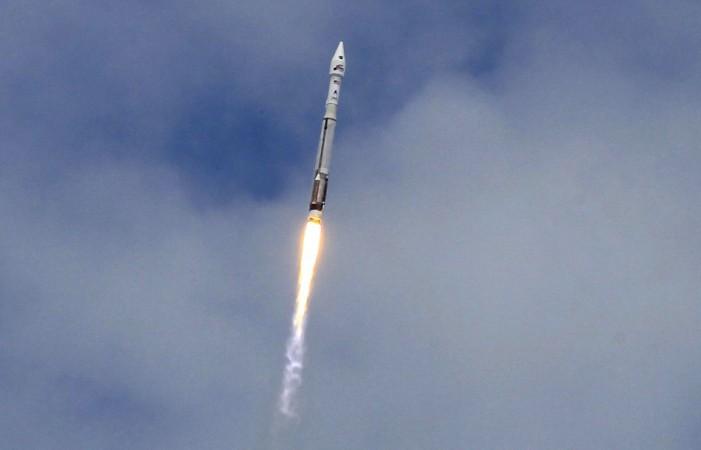
The National Aeronautics and Space Administration (NASA) launched a robotic explorer to Mars at 13:28 local time (Cape Canaveral, Florida). This is NASA's 21st mission to Mars.
The spacecraft, Mars Atmosphere and Volatile Evolution (MAVEN), separated from an unmanned Atlas V Centaur rocket's second stage, 53 minutes after launch, said a release from NASA. The spacecraft will cruise for 10 months in space to reach the red planet.
"MAVEN joins our orbiters and rovers already at Mars to explore yet another facet of the Red Planet and prepare for human missions there by the 2030s," said Charles Bolden, NASA Administrator in a release. "This mission is part of an integrated and strategic exploration program that is uncovering the mysteries of the solar system and enabling us to reach farther destinations."
Maven will orbit around Mars at 6,218 kilometres (farthest point from Mars). It will dip as low as 125 kms closer to Martian atmosphere to sample it. The spacecraft will orbit Mars for 12 months.
The $ 671 million Maven mission has been launched to study the evolution of Mars. Scientists world over believe that Mars once upon time had warm and wet climate. The NASA scientists will study why Mars has gone dry and cold over billions of years by analysing the upper atmosphere and measuring current rate of atmospheric loss.
"Everything looks good. The signals are coming in fine, and so far the systems that are on are reporting back great. We're heading out to the Red Planet," BBC News quoted David Mitchell, NASA's Maven project manager.
The NASA scientists have planned four trajectory corrections of Maven during the 10-month journey to place Orbiter on 22nd September next year. The first trajectory correction is scheduled on 1 December this year. NASA's Jet Propulsion Laboratory will track Maven's journey into Deep Space.
The spacecraft carried eight scientific instruments onboard to study the sun's influence on Mars, its upper atmosphere to measure the loss of rate of various air molecules and determine the process of change.
The Indian Space Research Organisation too launched an Orbiter "Mangalyaan" to Mars early this month to study the Martian atmosphere. However, Maven will be reaching Mars orbit earlier than Mangalyaan. ISRO's spacecraft is scheduled to reach Mars orbit on 24th September, 2014.










